“[Singapore] was a powerful experience to say the least. I learned more about myself than what I came there for, which was Chinese.
[I was in] Singapore for a month living with a host family. It [was] my first time living on my own, and I [was] living in a completely different culture, all the way across the world.
[The host family] had a very different way of operating, and it was a little bit of a cultural shock. Singapore and Houston have similar climates, but [Singapore doesn’t] use AC. I’m used to super cold AC, and now I was sleeping with one fan that I wasn’t allowed to crank up to full speed. The first few nights, I couldn’t fall asleep until like 3 or 4 a.m. because I was sweating so much.
The house was run by a grandfather and his caretaker. The grandfather mostly slept all day. [The] only time he really talked was to say hello or to tell me a new rule. Or to yell at the caretaker to do something he needed.
The caretaker was from the Philippines, so [even though] I was supposed to be talking to her in Chinese, I was talking in English, and we would switch into Chinese sometimes. I would get home at 10 o’clock at night, and I’d be talking to her until 1 a.m. I would say maybe five words during that time period.
I wouldn’t go home very often because the [commute from the] city would be an hour and a half by tram and walking. Most of the time — since I’m Jewish — I wouldn’t eat many of the meals that [the caretaker] cooked because she mostly cooked pork. The few times that she cooked chicken, I would come home to try her food.
A lot of the time I would be in the middle of nowhere. Being by yourself is a really eye opening experience. It made me realize being homesick is normal and being alone is inevitable. No matter what happens, you’re going to be alone or lonely at some point, and you can either run away from it or learn to be okay with it, and that’s what I did. I think I learned the most [to] just be okay with that and to be your [own] best friend.
I noticed a lot of people were more isolated; they kept to themselves. [They were] very personal [and] not very outgoing. Their personalities were shunned and lowered due to society and how they were raised.
I found a jazz bar in Singapore that I went to quite often. I was talking to the guitarist — he lived in New York for a while, was born in Tokyo and then he moved to Singapore — and he [said], ‘New York was a place I felt okay being me. Here, the only place I can party is in my head.’
Once I got into the third or fourth week [of my stay], I was like, ‘Okay, no, I am me, and I’m proud to be me, even if I look crazy. I’m gonna dance when I hear a song I like. I’m gonna sing if I’m with a friend. I’m gonna just be me.’ That’s something I became more confident and solidified in.
[Geneva] was powerful for a different reason. [I went] with a group called Jerusalem Peacebuilders. Most of the time, [the conventions are] in Houston, [but this time we went] to Geneva, because we were [going] to learn about diplomacy, and that’s where [the] UN, Red Cross and ILO [are]. [The] experience was eye opening in so many different ways, but it [was] truly just powerful.
My previous two programs [were] more divided. [The Jerusalem Peacebuilders] were all together, we were working for peace, but there was this slight hesitation. [We were] afraid to share, afraid to be open. I think since the war started, it actually brought us together, because there [was] a universal understanding of unsafety. Everyone is a victim. It didn’t matter if you were Arab, it didn’t matter if you were Jewish, it didn’t matter if you were Christian, it didn’t matter if you were from Israel or Palestine: you were unsafe, and you were empathetic.
Something I learned was [that] it’s okay to feel how you feel. It doesn’t matter if you’re angry, sad, happy, overwhelmed, overstimulated – all those feelings are acceptable. You’re human. Feel [the feelings] and accept them. Don’t punish yourself because you’re feeling. The thoughts that are associated with those feelings are okay. Don’t run away from them.
[The experience] just makes you realize how similar we all are. We’re all people. We all have universal needs, wants and feelings. Some of these kids have never – before this program – even met somebody of a different faith, and it’s so powerful to see how their eyes just open and they’re like, ‘Oh my God, these are amazing people that I would have never known if I hadn’t just said hello. Now I have more understanding and compassion for these people.’
[One thing the peace program taught me was that] in the face of fear – even though it’s difficult – push forward [and] get out of your comfort zone. Fear puts you in a box, and that box can be limiting in so many aspects.
I think [we need to be] reminding ourselves of the butterflies and the rainbows, the positive aspects of life because the one thing love and hate have in common is that they’re both contagious.”


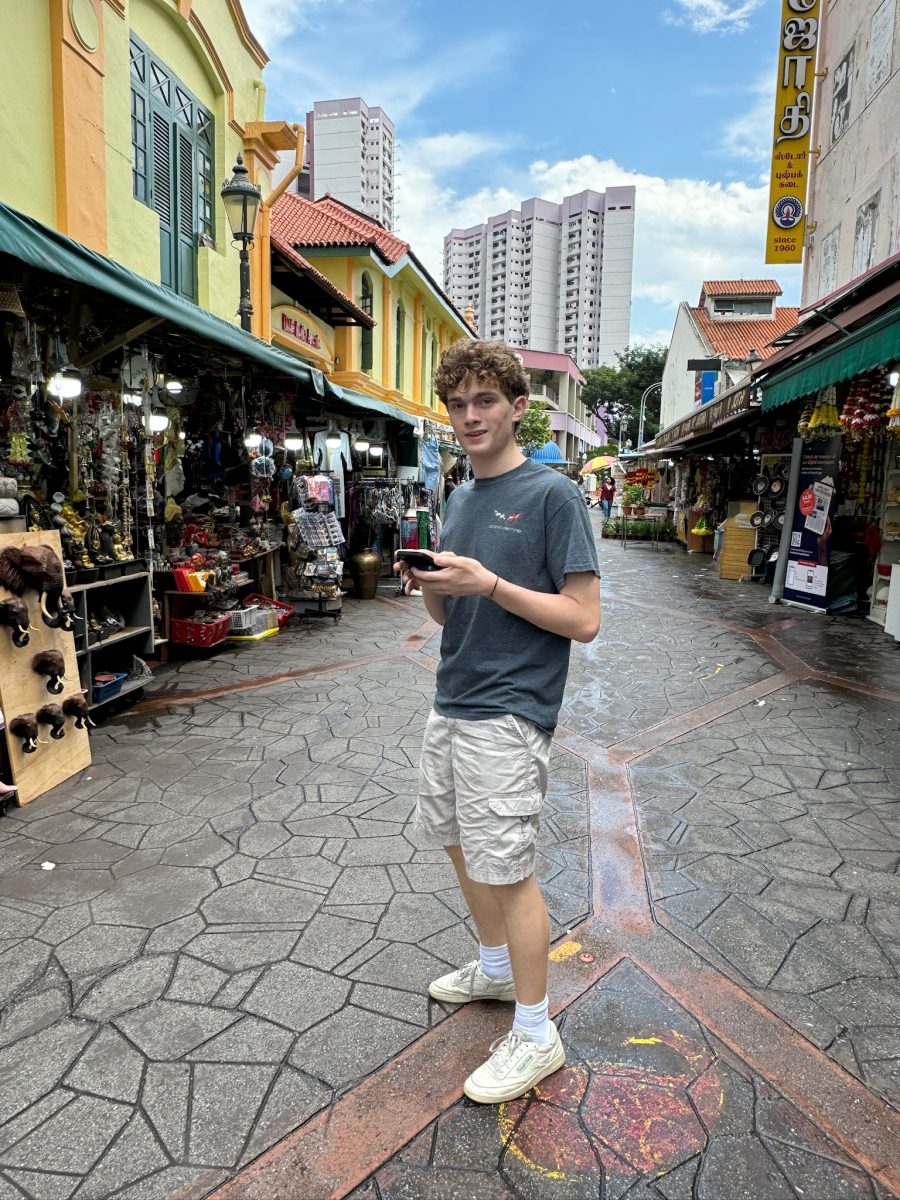
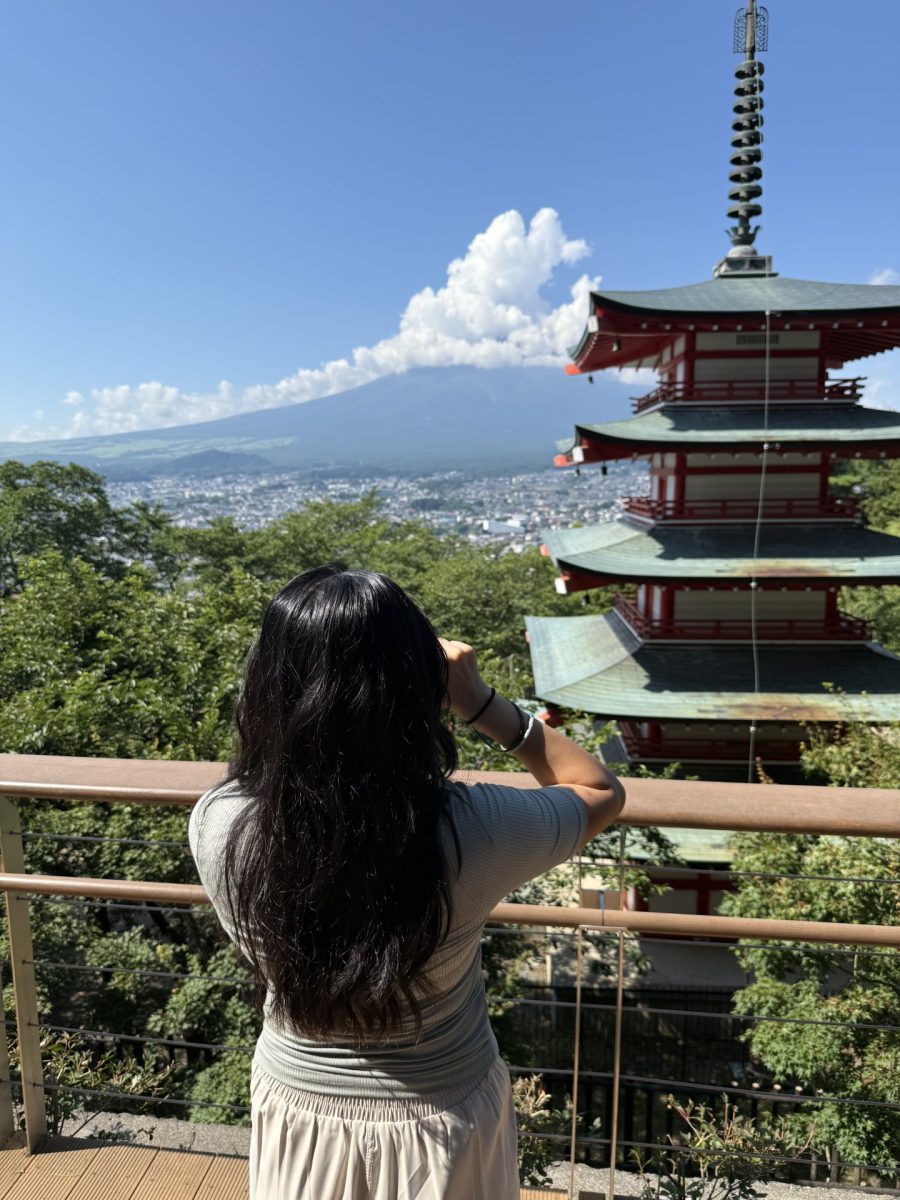
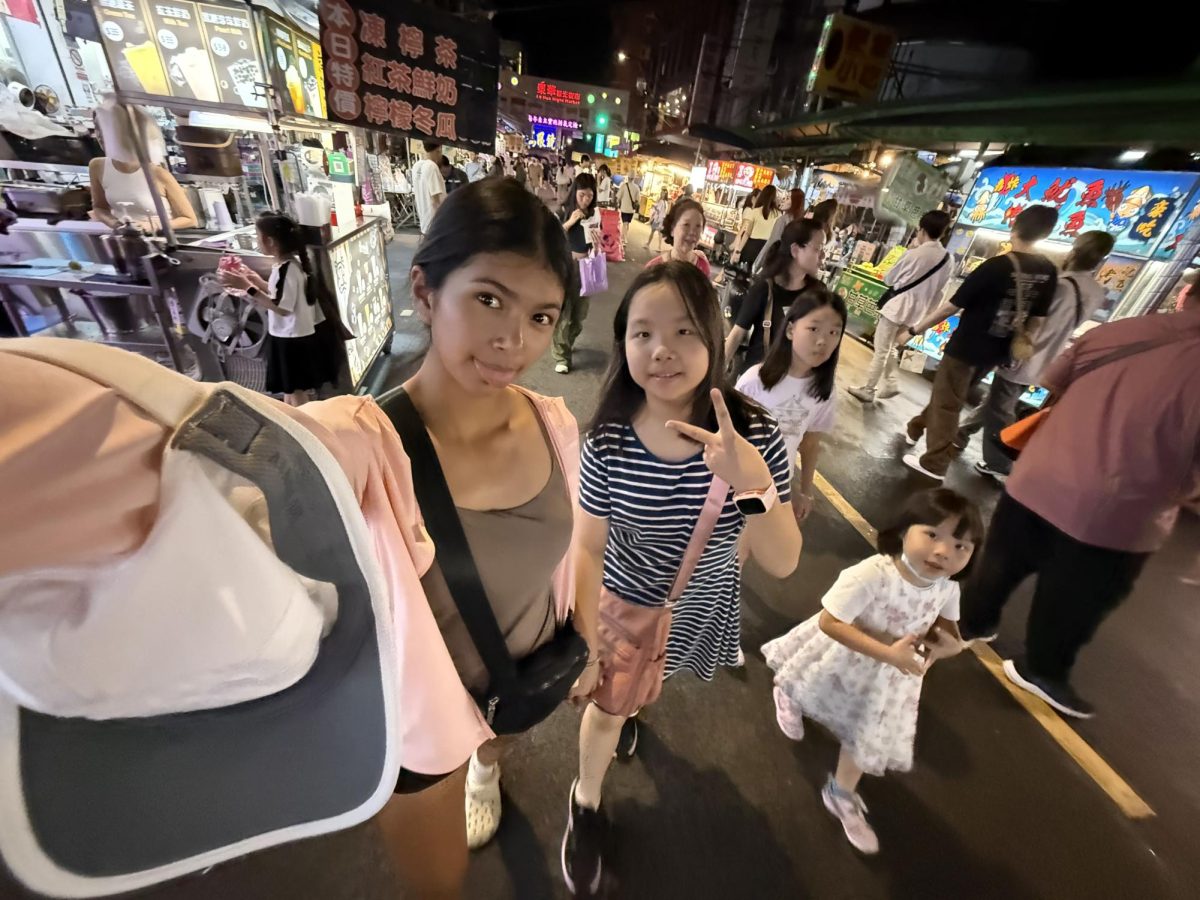
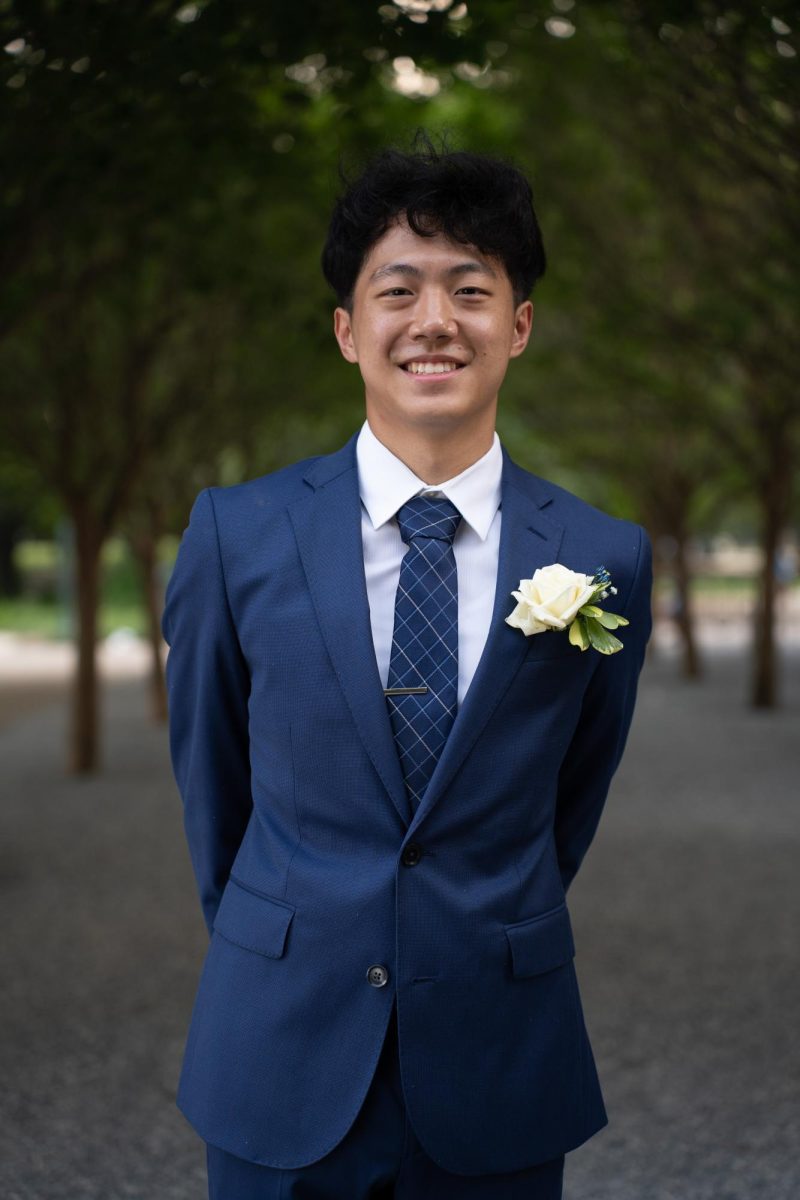

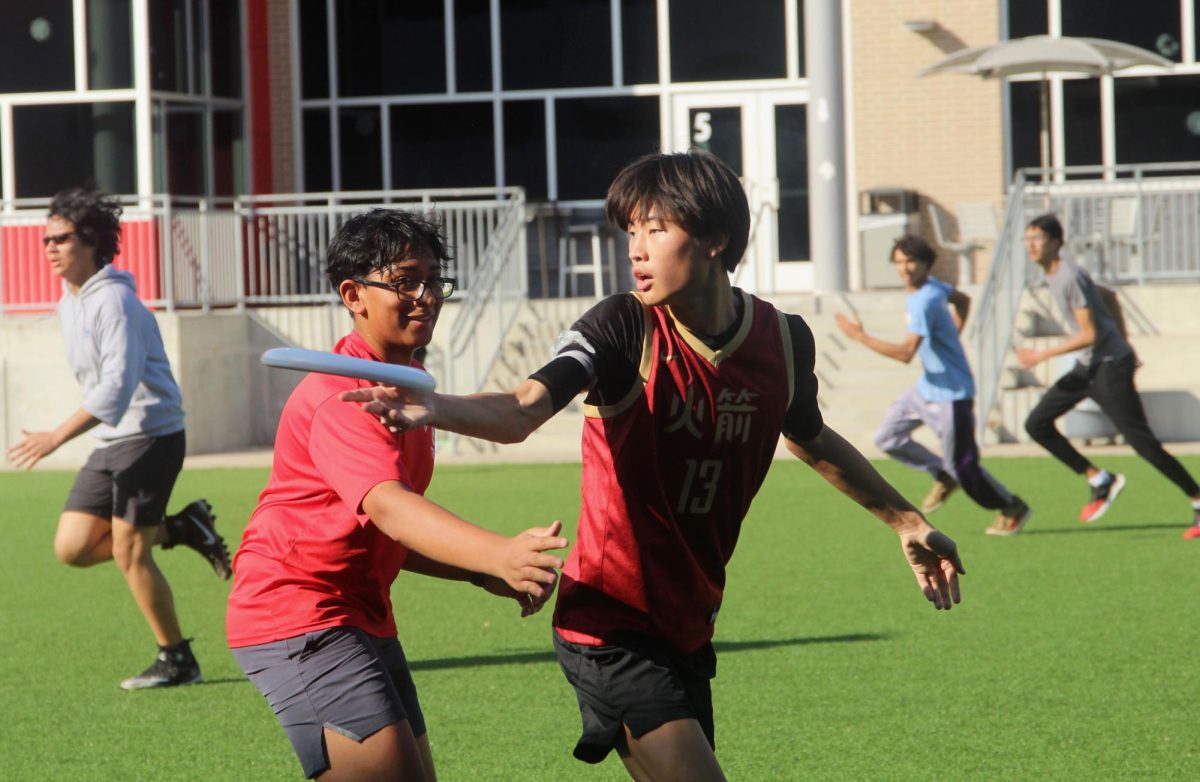
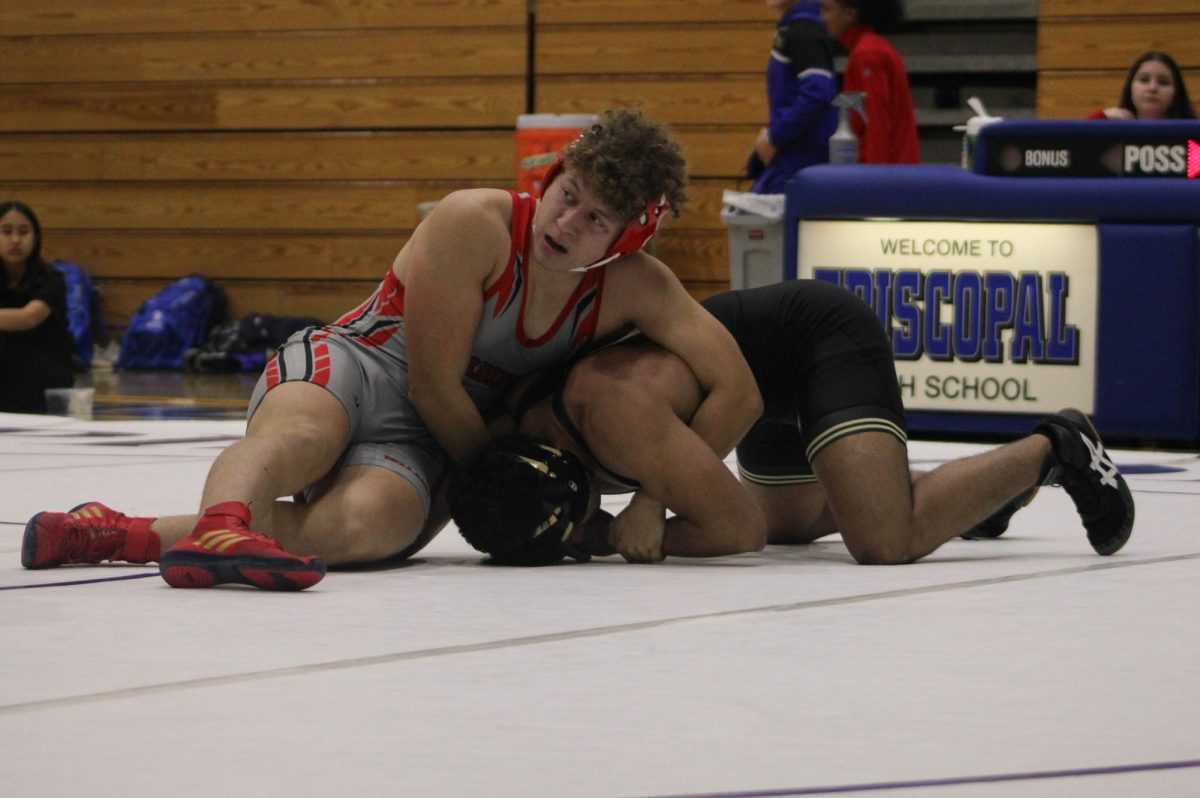
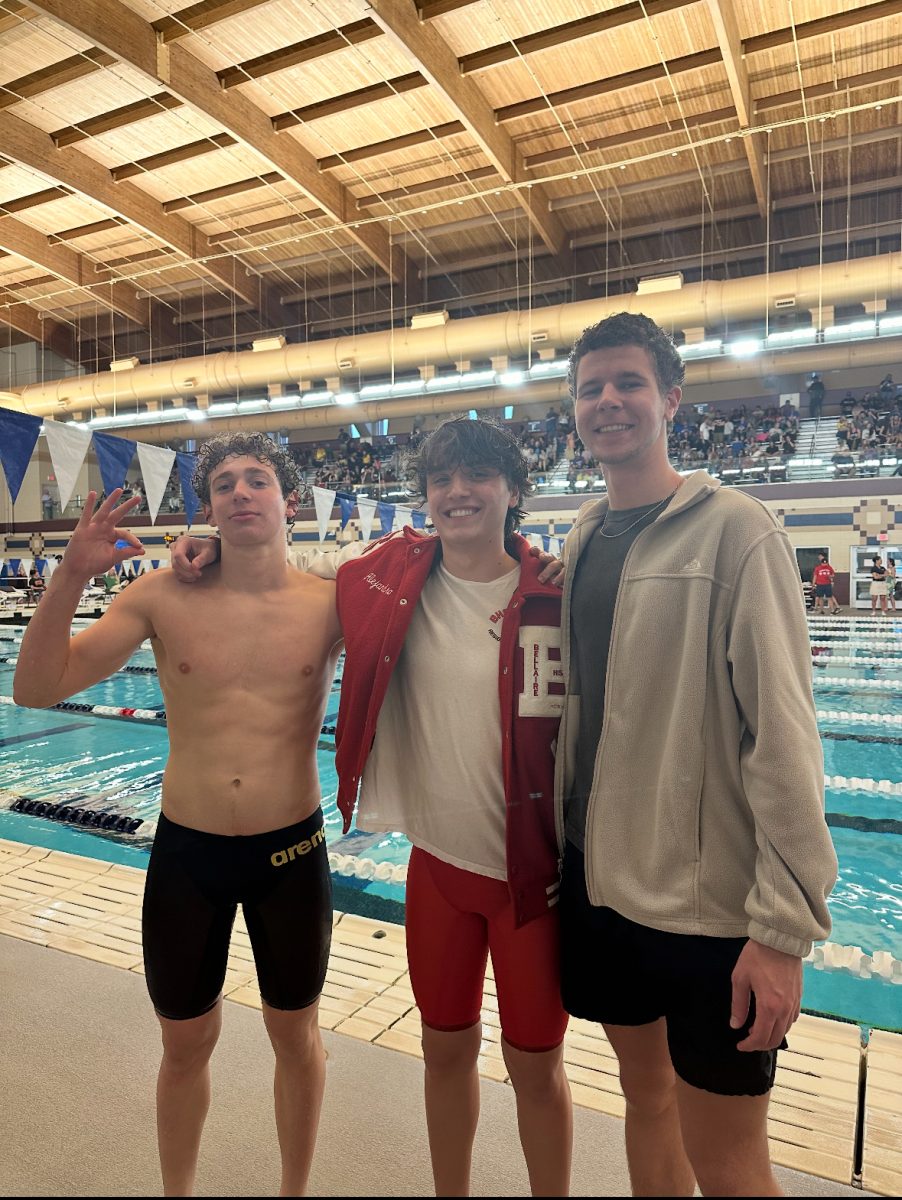
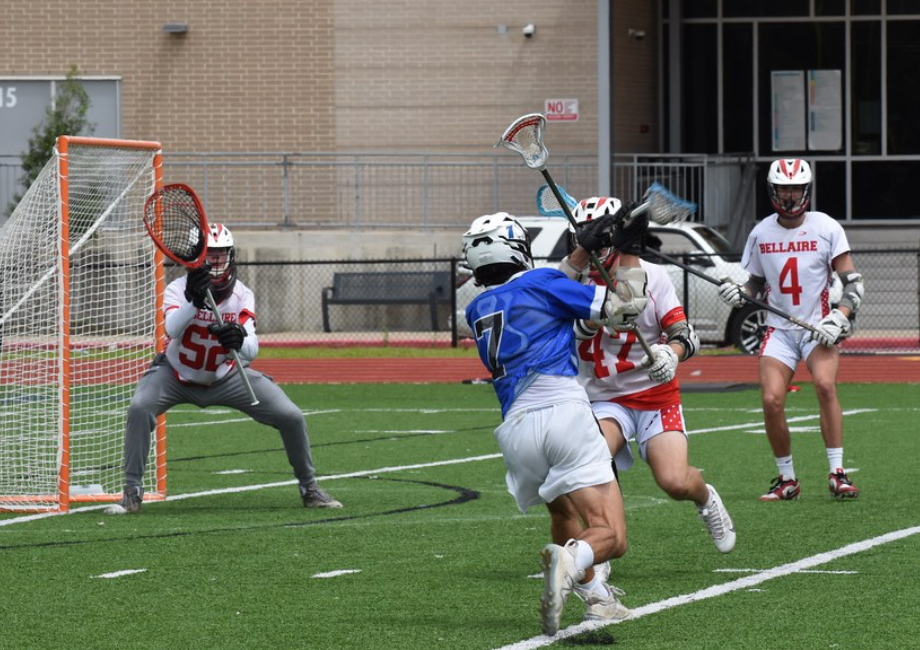
Abraham Asprec • Sep 2, 2024 at 4:08 am
Wonderful article about the benefits of traveling abroad. Travel truly gives one the opportunity of learning other languages and dialects, other cultures, customs, moral beliefs and convictions different from ours. Also, it is a chance to meet new friends and establish rapport that would last a lifetime.
Joy • Aug 28, 2024 at 10:07 pm
super interesting story and person, and I love the writing!
Claire B • Aug 25, 2024 at 9:25 pm
DAVIS this is one of the BEST HOBs I’ve ever read!! You really captured Aiden’s voice and you cut this together perfectly to tell a fascinating story about his travels. Great job!
Ada • Aug 21, 2024 at 12:11 pm
Amazing story and well- written Davis!